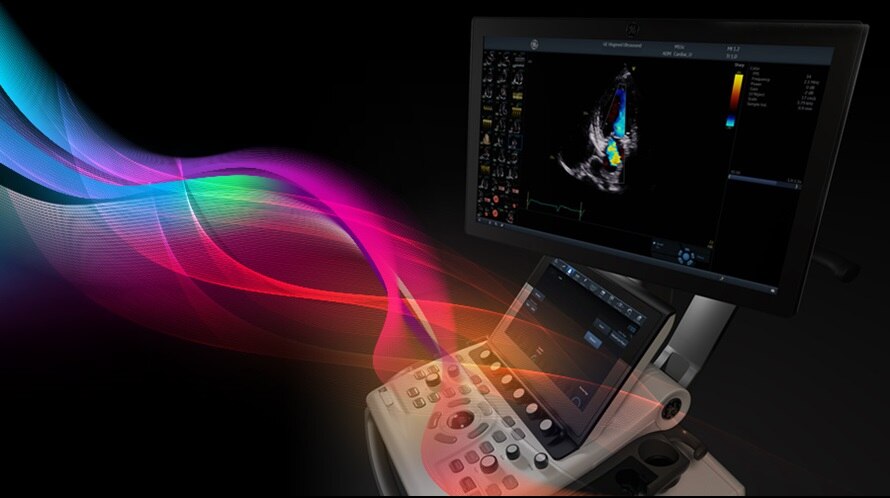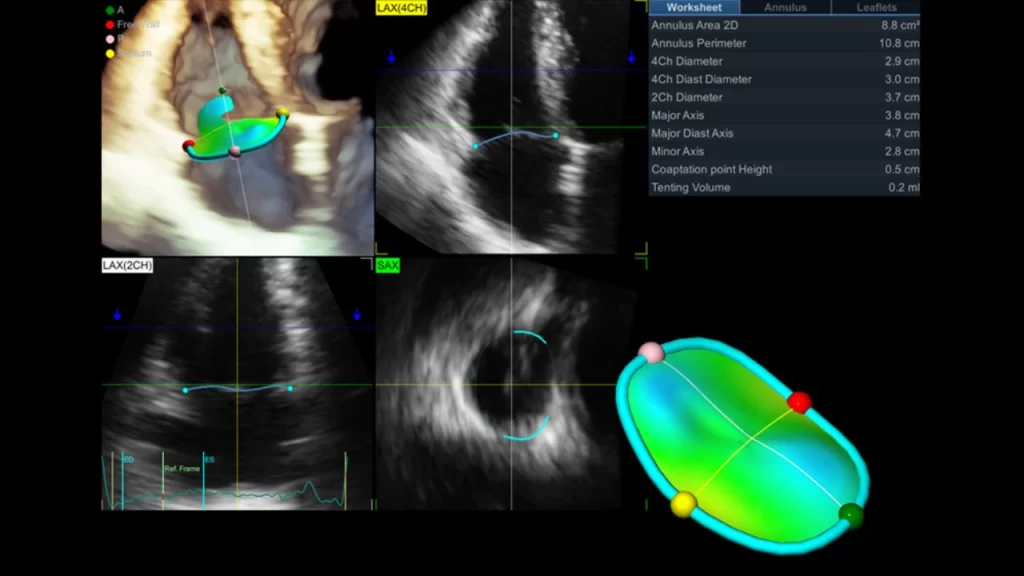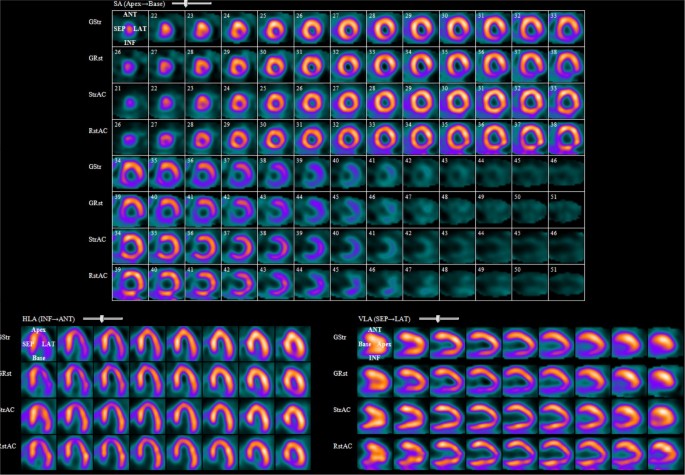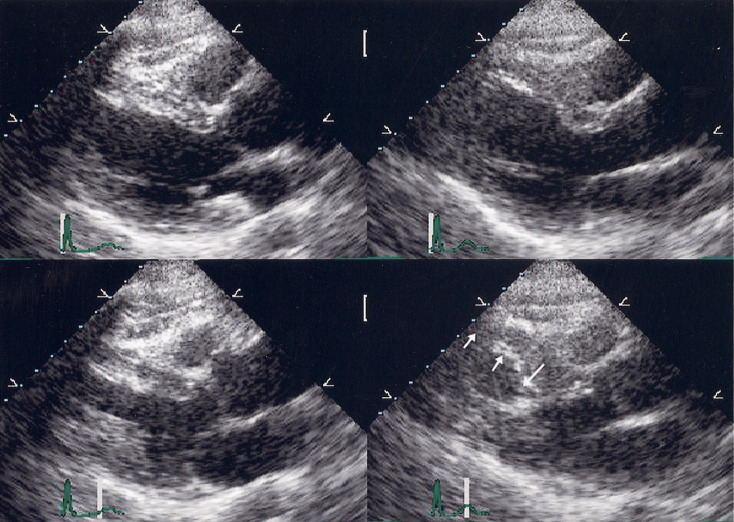Echocardiography & Stress Testing
Echocardiography
Since its inception, the use of echocardiography has revolutionized the field of Cardiology. Echocardiography is a non-invasive diagnostic test that uses ultrasound waves to produce images of the heart. It is a valuable tool in cardiology because it can provide detailed information about the structure and function of the heart, as well as detect abnormalities that may indicate heart disease. Echocardiography is used in a variety of clinical settings, including inpatient and outpatient settings, emergency departments, and intensive care units. There are several types of echocardiography that can be performed depending on the patient’s condition and the information needed.


Dr. Diwadkar is board certified in Adult Comprehensive Echocardiography by the National Board of Echocardiography (NBE).
Stress Testing
Stress testing, often referred to as a treadmill stress test or exercise stress test, is a non-invasive diagnostic tool used by cardiologists to evaluate the function of the heart during physical activity. The test involves placing the patient on a treadmill or stationary bike and gradually increasing the intensity of the exercise to assess how well the heart responds to stress. Stress testing is a valuable tool in diagnosing heart disease and determining the best course of treatment.
Stress testing is often performed when a patient presents with symptoms such as chest pain, shortness of breath, or palpitations, which may indicate heart disease. The test can help to identify whether the symptoms are related to a heart problem, and if so, what type of heart problem it may be. In addition, stress testing can be used to monitor patients with known heart disease to assess their response to treatment or to determine if further interventions are necessary.
There are several types of stress tests that can be performed depending on the patient’s health condition and the cardiologist’s preference:
Exercise Stress Test: The most common type of stress test, in which the patient walks on a treadmill or rides a stationary bike while the heart’s electrical activity, blood pressure, and oxygen consumption are monitored.
Nuclear Stress Test: A type of stress test that uses a small amount of radioactive tracer to image the heart at rest and during stress.
Stress Echocardiogram: A test that combines exercise with ultrasound imaging of the heart to assess how well the heart is pumping blood.
Pharmacologic Stress Test: A stress test that uses medication instead of exercise to stress the heart. This test is often used for patients who are unable to exercise due to physical limitations.


Dr. Diwadkar is board certified in Nuclear Cardiology by the Certification Board of Nuclear Cardiology (CBNC).